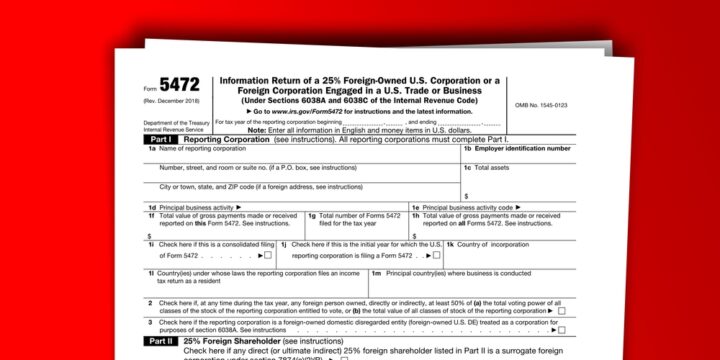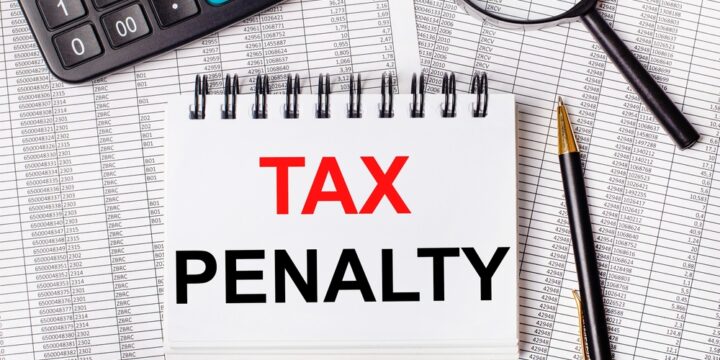
The U.S. and Canadian Tax Consequences of a Canadian Investor’s Acquisition of U.S. Real Estate
Canadian investors generally have the same goals of minimizing their tax liabilities from their U.S. real estate and business investments, as do their U.S. counterparts, although their objective is complicated by the very fact that they are not U.S. persons. That is, Canadian investors must be concerned not only with income taxes in the United States, but also income taxes in Canada. Further, the United States has a special tax regime that is applicable to foreign persons. Specifically, if the non-U.S. person derives certain types of passive income, it is typically taxed at a flat 30 percent rate (without allowance for deductions), unless an applicable tax treaty reduces this statutory rate. In contrast, if the U.S. activities of the foreign person rise to the level of constituting a “U.S. trade…








